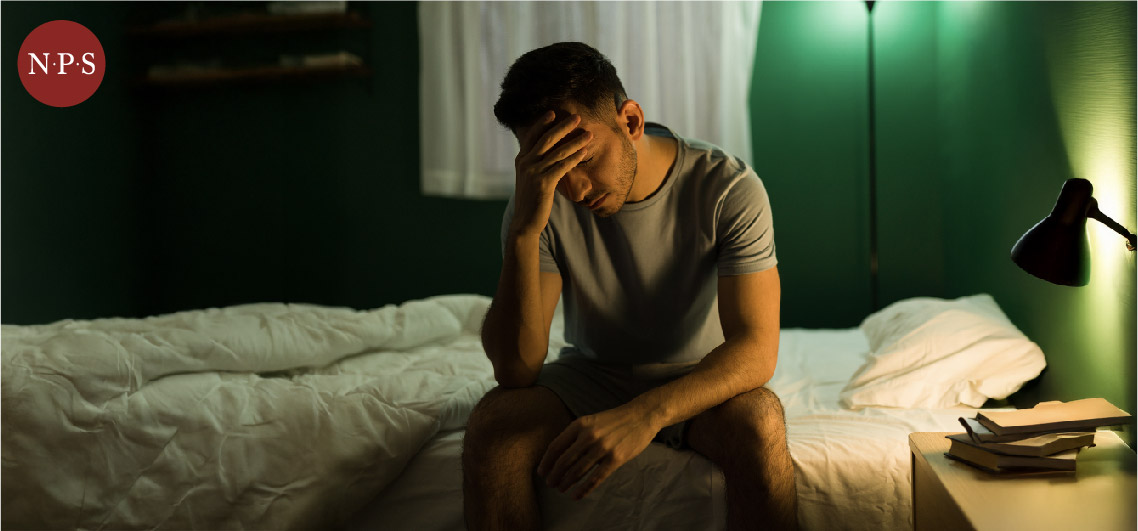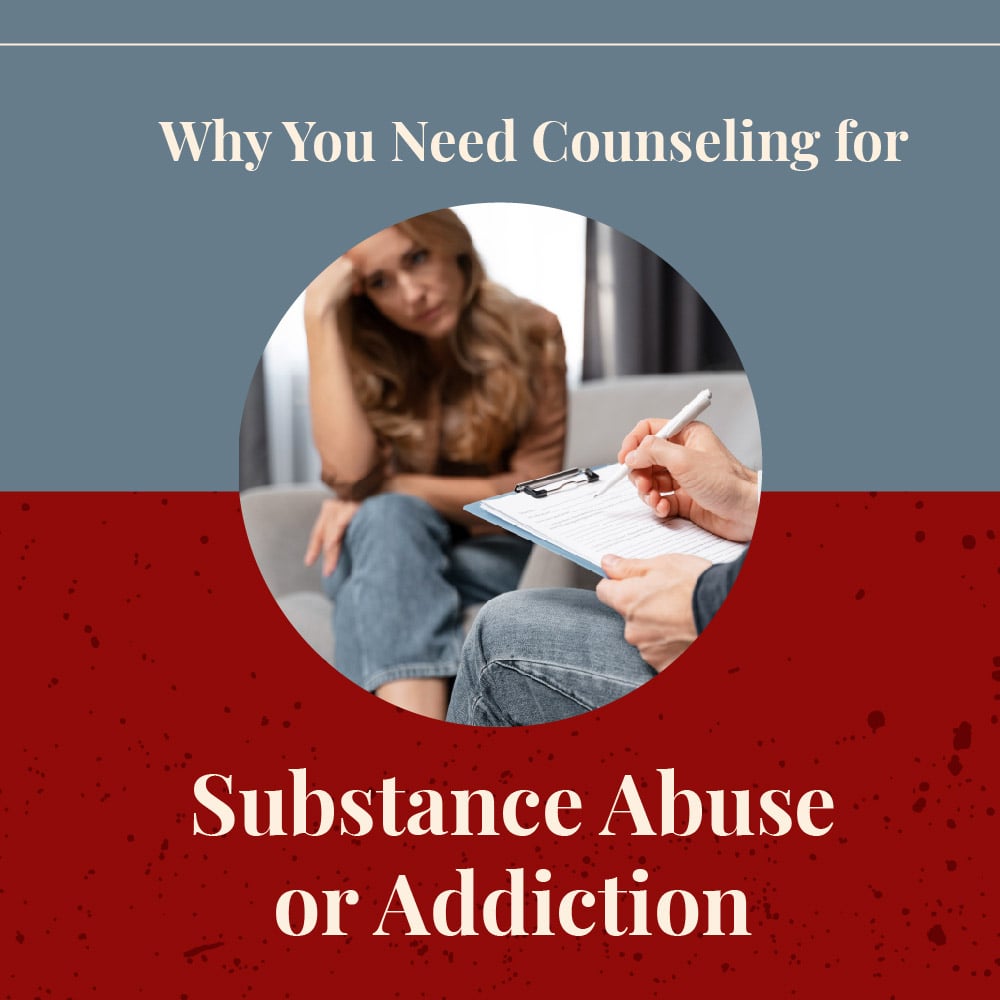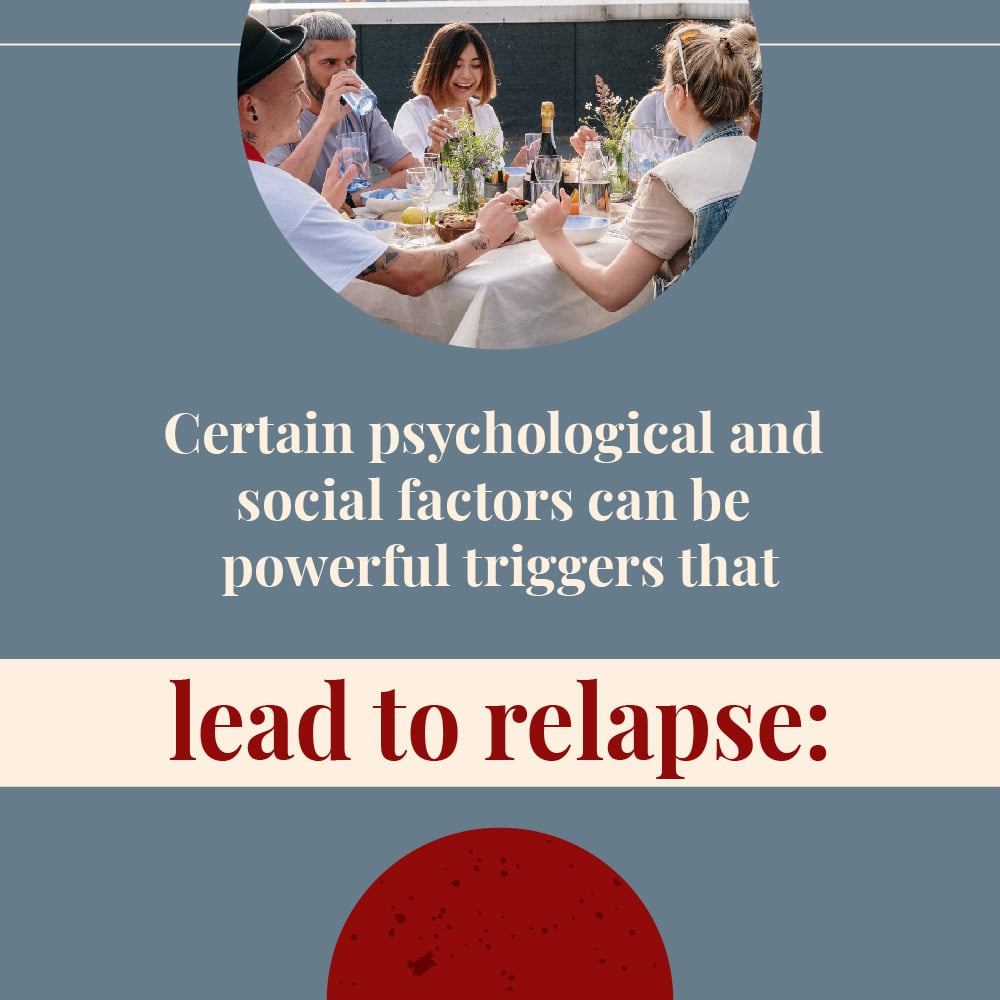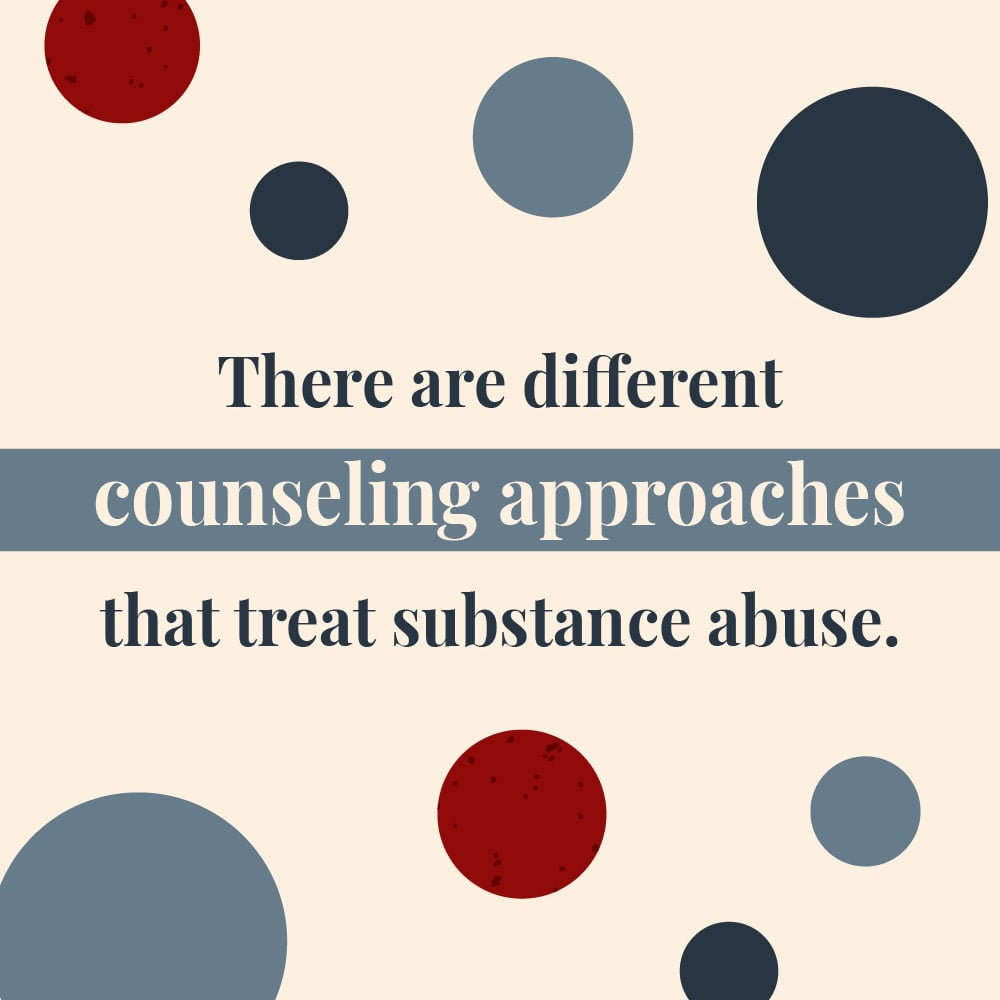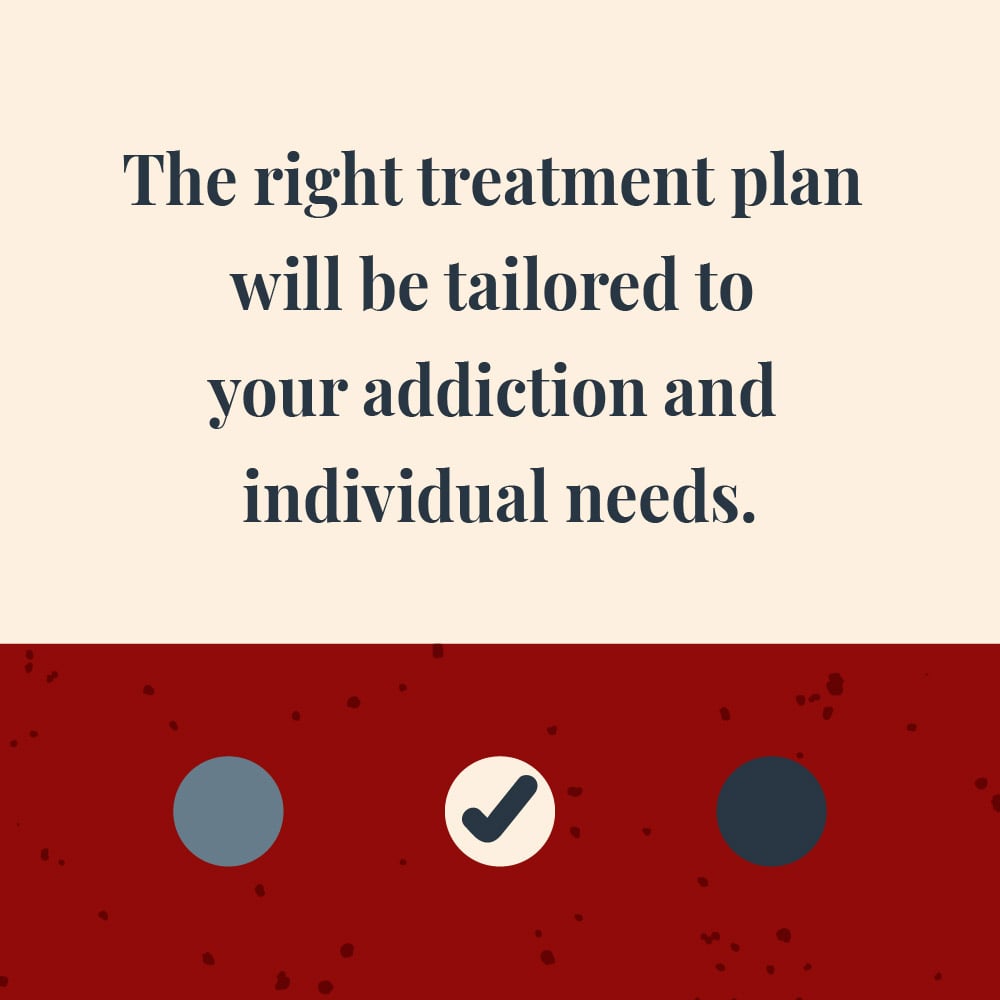Sleep & Addiction
How One Disorder May Affect the Other
Substance Use Disorder (SUD) is notoriously difficult to overcome. Addiction changes your brain chemistry, daily routines and triggers can be hard to change, and mental health disorders like PTSD, depression, or trauma can further complicate the process.
At NPS, we believe that hope and healing are always possible–especially with the right information, tools, and support. With that in mind, it’s important to understand how co-existing conditions, like sleep disorders, can affect SUD and make it harder to heal.
About the Complicated Relationship Between Sleep Disorders and Substance Use
Even more commonly abused substances, like cannabis and alcohol, can affect sleep–especially when used regularly. Unfortunately, this can contribute to a downward spiral in which sleep deprivation leads to increased usage and vice versa.
What’s more, poor sleep does more than contribute to a user’s desire to turn to harmful substances. It can also make it harder for the brain to perform important tasks, like clearing out those harmful substances. Sleep deprivation and substance use are both proven to negatively affect judgment and cognitive functioning, making this scenario a vicious cycle for anyone eager to get sober and avoid relapse.
Common Sleep Problems in Sufferers of Substance Use Disorder
SUD can actually do more than just contribute to poor sleep, it can lead to the development of sleep disorders. Over time, the persistent effects on falling asleep, staying asleep, and transitioning from non-rapid eye movement sleep to rapid eye movement sleep, can lead to ongoing challenges. What’s more, addiction may affect the brain’s chemistry and its ability to perform the processes necessary for quality sleep.
We’ve provided an overview of the types of sleeping disorders that may be caused by or made worse by SUD:
Insomnia
Insomnia is the most common type of sleep disorder, which means you likely know someone who suffers from it. Usually, it’s characterized by an inability to fall asleep or an inability to fall back asleep once awakened.
Insomnia can drain a person’s energy levels and affect their mood. For people who experience insomnia for longer than a few months, it can also contribute to poor physical and mental health. Insomnia is a common co-existing condition for sufferers of SUD. In fact, it’s one of the most common complaints for individuals overcoming addiction and/or trying to maintain sobriety.
Sleep Apnea
Sleep apnea is less common than insomnia but can be much more serious. With this disorder, sufferers will experience sudden stops and starts in their breathing while sleeping. Anyone who snores loudly, feels tired after a full night of sleep, wakes up gasping for air, or awakens with a dry mouth may have sleep apnea.
Drug and alcohol use may not only aggravate sleep apnea but make the condition more dangerous. Essentially, harmful substances may make sleep apnea episodes longer, more frequent, and harder to recover from.
Parasomnias
Parasomnias are disruptive events and behaviors that contribute to poor sleep. Examples include walking, talking, or moving during sleep. Parasomnias are not overly common in adults, but they can sometimes result from the use of harmful substances or get worse during withdrawal or recovery.
Circadian Rhythm Disorders
Your body has an internal clock that runs on a 24-hour cycle and controls important processes like when you feel tired/awake, your mood and alertness, and the release of hormones like melatonin. Circadian rhythm disorders are what happen when that internal clock is thrown out of sync.
Thankfully, most circadian rhythm disorders are temporary and easy to address. However, for sufferers of SUD, it can be harder to make the adjustments needed to resolve a circadian rhythm disorder. Furthermore, there is growing evidence to support the idea that substance use disturbs healthy circadian rhythms. Specifically, alcohol, cannabis, and opioid use are known to alter REM sleep and throw off your body’s internal clock.
Thankfully, there is always hope for recovery–even for those who are co-experiencing a sleep disorder and SUD. The body is incredibly adaptable and you can reset your body’s internal clock through mindful recovery.
Can You Treat a Sleep Disorder and Substance Use Disorder Concurrently?
Yes, it is not only possible to treat a sleep disorder and substance use disorder at the same time, but it is actually advisable to do so. Treating both conditions concurrently often leads to better outcomes in both areas. So if you are trying to get or stay sober and “tough out” your sleep issues along the way, know there is a better path forward.
There are many ways to address both conditions as you pursue healing. Here is what we recommend at NPS:
- Mindful meditation to reduce stress and improve self-control
- Bright-light therapy to boost mood and promote healthy sleep patterns
- Regular exercise to teach your body when to be alert and when to power down
- Cognitive behavioral therapy to address dysfunctional beliefs and behaviors
Because sleep deprivation and substance abuse fuel each other, you will be treating both conditions no matter which path forward you choose. At NPS, we strongly encourage our clients experiencing addiction to attend an in-patient or outpatient treatment program before pursuing counseling. Most reputable programs will also address any co-existing conditions, be they sleep disorders, mental health disorders, or physical ailments.
When Is It Time to Pursue Counseling?
Any time you are experiencing a sleep disorder, serious or mild, counseling can be an effective solution. And once you have completed a treatment program, our center can also help you maintain sobriety and overcome triggers or environmental factors that may lead to relapse. There are many therapists on our team with the experience and compassion needed to help you move forward.
If you are ready to speak to a counselor and are new to our clinic, give us a call at (815) 477-4727. We would be happy to speak over the phone about your concerns or set up a free 15-minute meet and greet with a member of our team.
Are you ready to take the next step?
CONTACT US AND SCHEDULE YOUR FIRST APPOINTMENT TODAY.


